- English
- русский
- Español
- Français
- 日本語
- Deutsch
- tiếng Việt
- Italiano
- Nederlands
- ภาษาไทย
- Polski
- 한국어
- Svenska
- magyar
- Malay
- বাংলা ভাষার
- Dansk
- Suomi
- हिन्दी
- Pilipino
- Türkçe
- Gaeilge
- العربية
- Indonesia
- Norsk
- تمل
- český
- ελληνικά
- український
- Javanese
- فارسی
- தமிழ்
- తెలుగు
- नेपाली
- Burmese
- български
- ລາວ
- Latine
- Қазақша
- Euskal
- Azərbaycan
- Slovenský jazyk
- Македонски
- Lietuvos
- Eesti Keel
- Română
- Slovenski
- मराठी
- Srpski језик
- Português

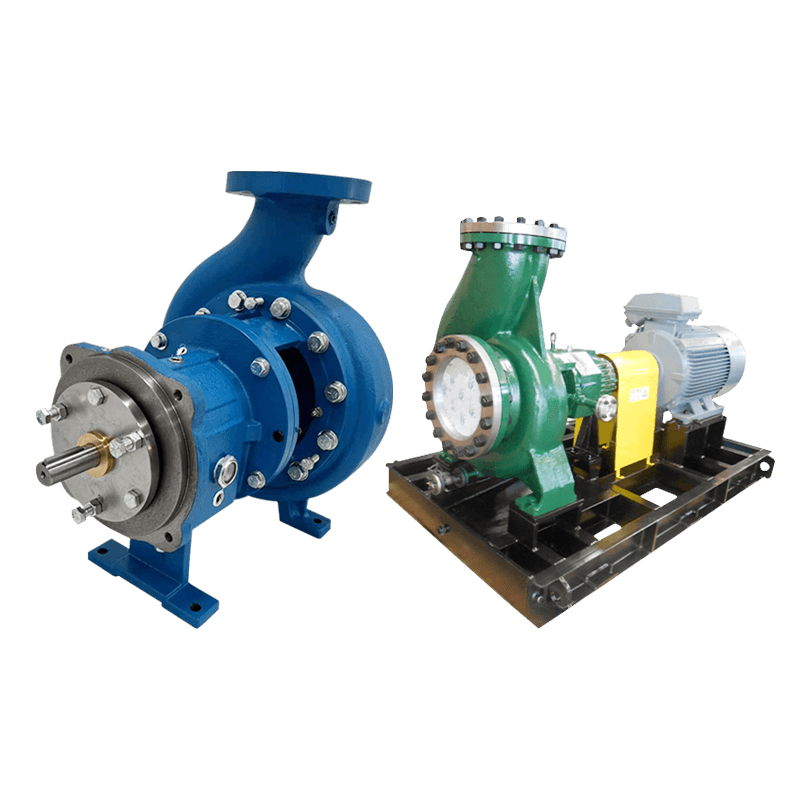
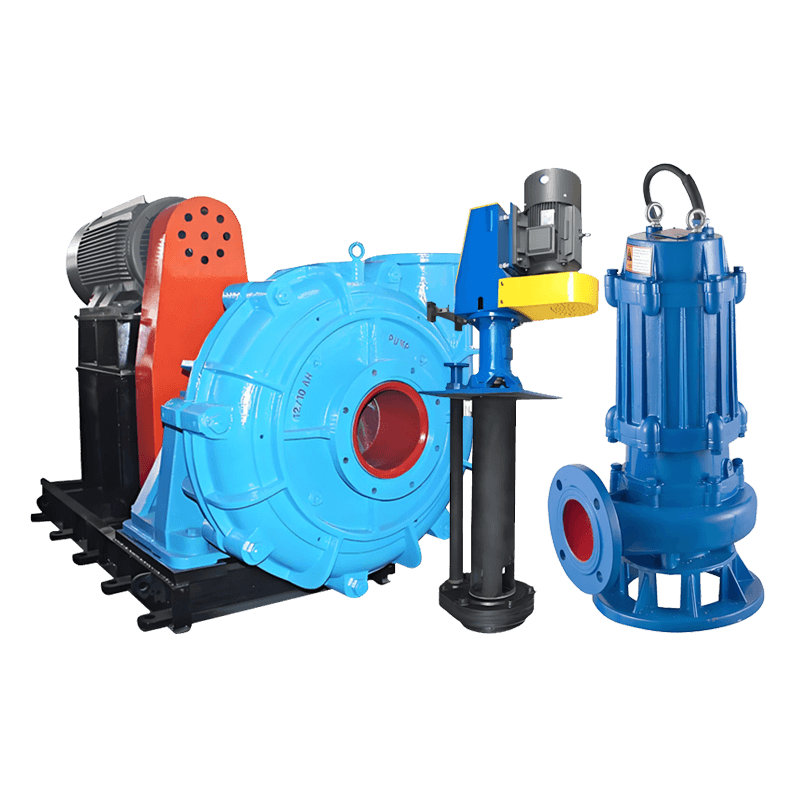
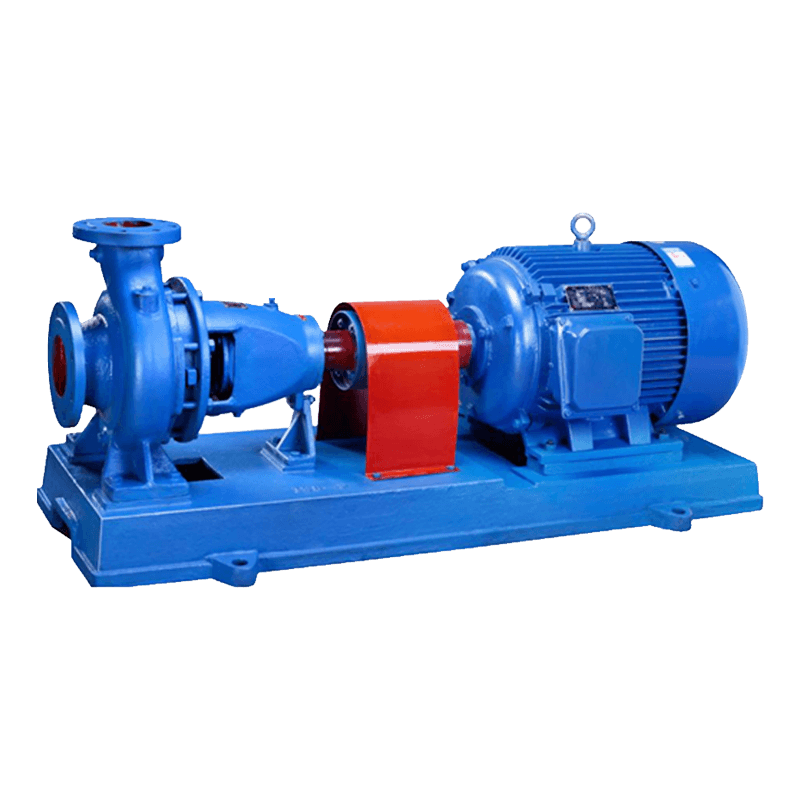
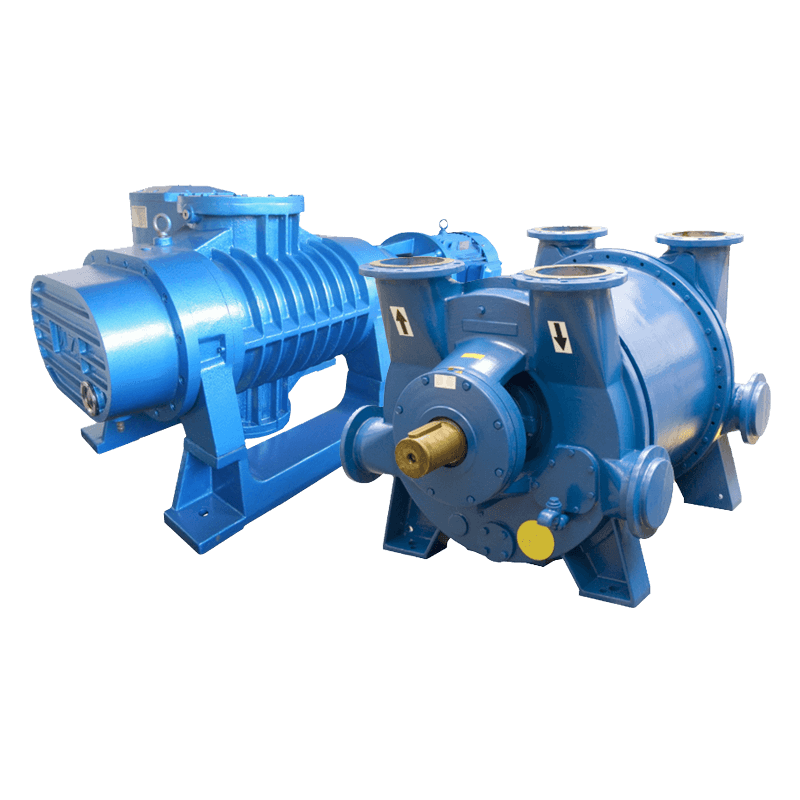
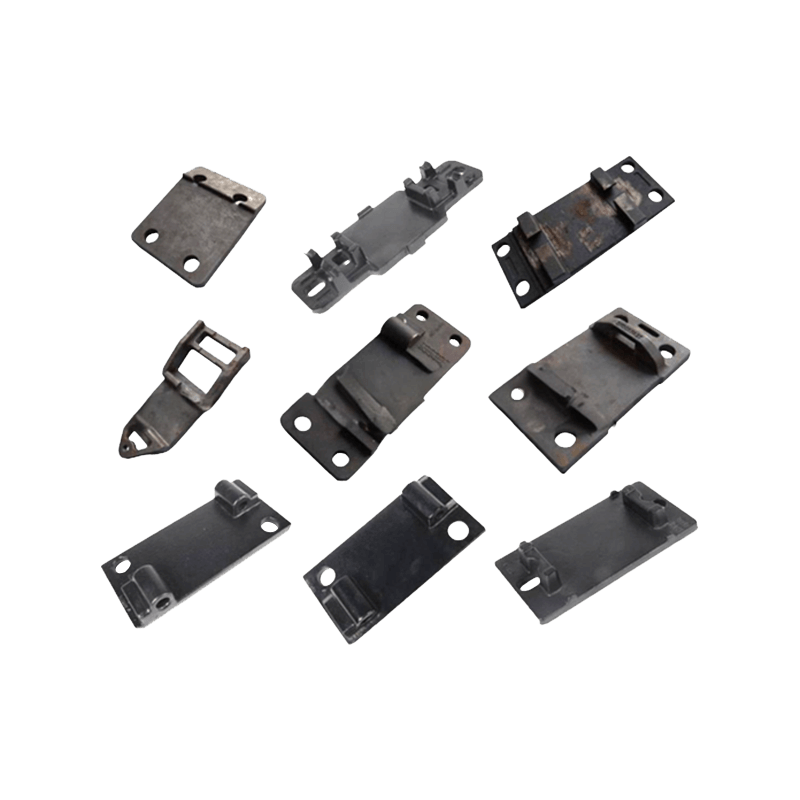


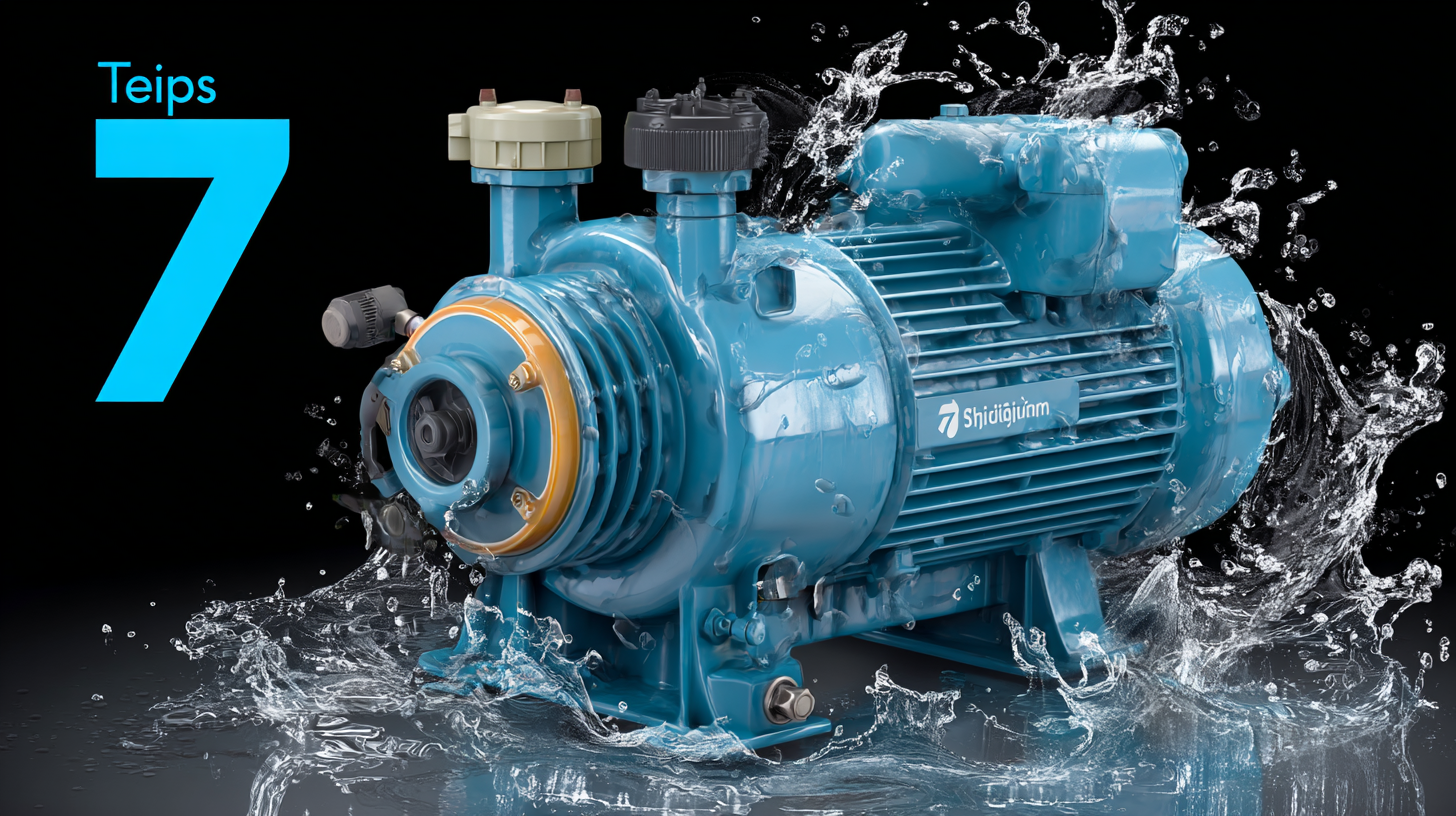 Water vacuum pumps play a vital role in this sector by providing effective removal of water and other fluids, thereby enhancing operational efficiency. With numerous models available, selecting the best water vacuum pump tailored to your specific needs can be challenging.
This blog aims to distill expert advice into seven actionable tips, helping you make an informed decision that aligns with your requirements and maximizes productivity.
Water vacuum pumps play a vital role in this sector by providing effective removal of water and other fluids, thereby enhancing operational efficiency. With numerous models available, selecting the best water vacuum pump tailored to your specific needs can be challenging.
This blog aims to distill expert advice into seven actionable tips, helping you make an informed decision that aligns with your requirements and maximizes productivity.
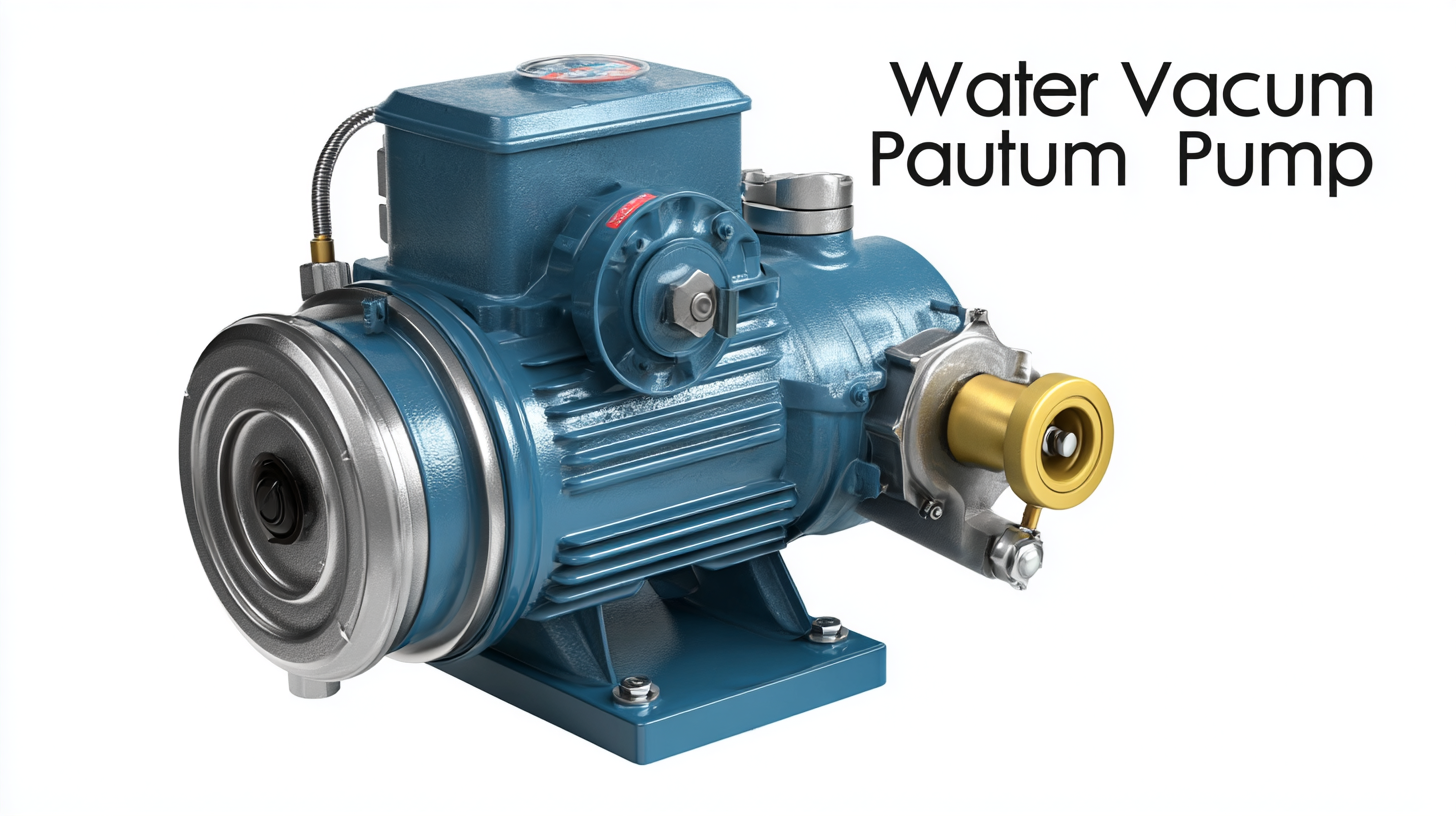 A critical aspect to consider is the pump's capacity and how it matches your operational requirements. For instance, if you're involved in
A critical aspect to consider is the pump's capacity and how it matches your operational requirements. For instance, if you're involved in 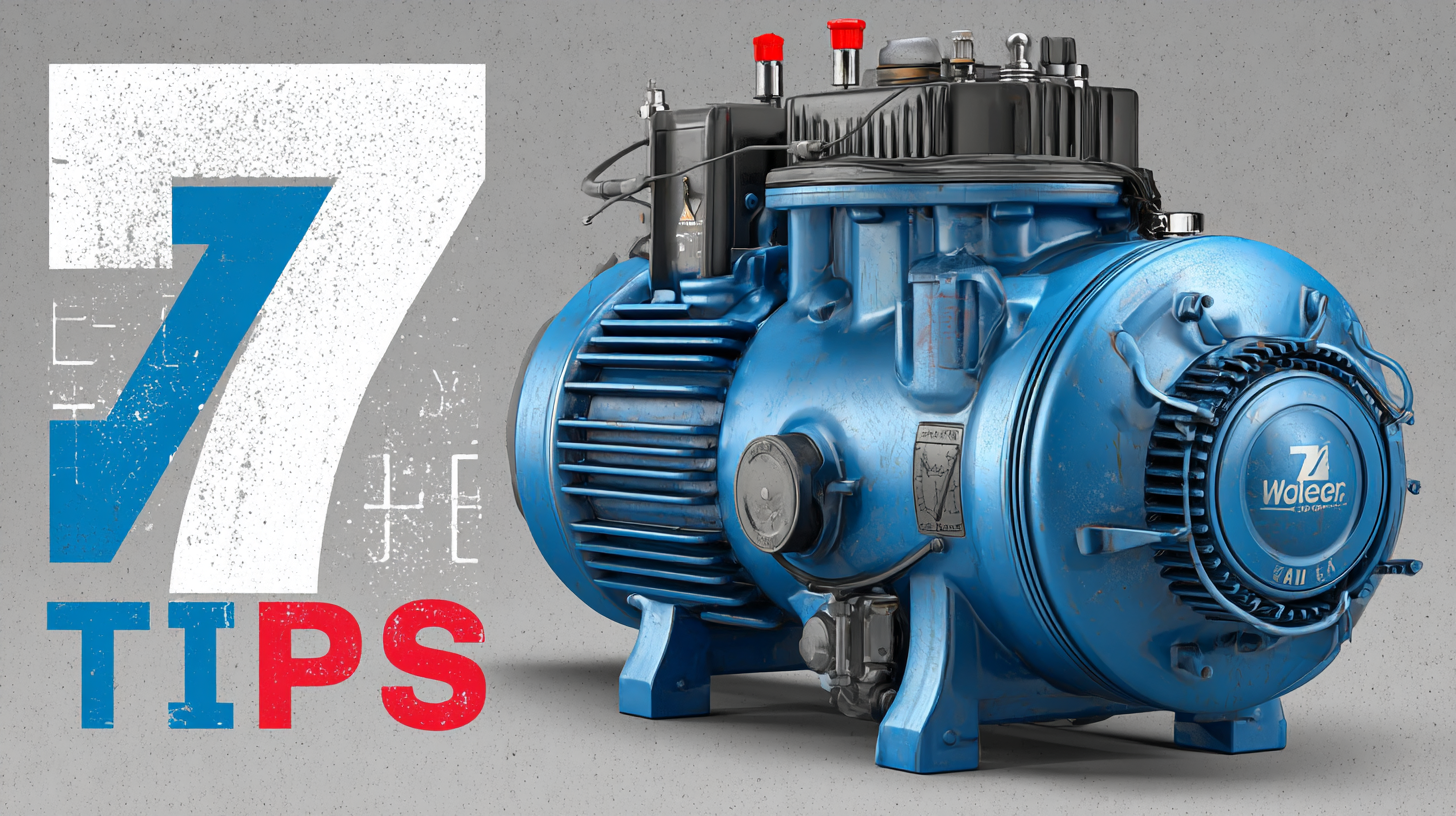 When selecting the best water vacuum pump for your needs, evaluating performance metrics is crucial to ensure efficiency and effectiveness in water management applications. Recent studies indicate that the techno-economic feasibility of decentralized systems, which combine rainwater harvesting and wastewater management, hinges on the performance of core components like vacuum pumps. For instance, experiments using vacuum pumps in vacuum drying methods showcase significant improvements in residual water evaluation, suggesting that the right pump can enhance overall system efficiency by reducing water content to optimal levels.
When selecting the best water vacuum pump for your needs, evaluating performance metrics is crucial to ensure efficiency and effectiveness in water management applications. Recent studies indicate that the techno-economic feasibility of decentralized systems, which combine rainwater harvesting and wastewater management, hinges on the performance of core components like vacuum pumps. For instance, experiments using vacuum pumps in vacuum drying methods showcase significant improvements in residual water evaluation, suggesting that the right pump can enhance overall system efficiency by reducing water content to optimal levels.